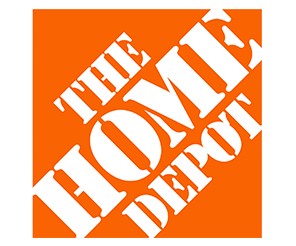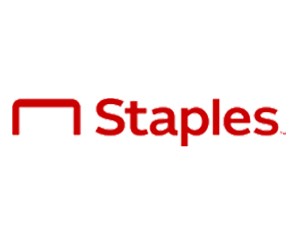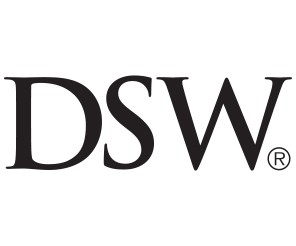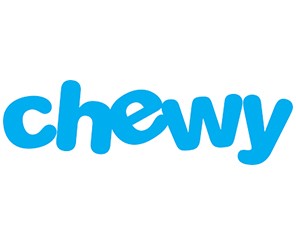US Markets Loading...
h
m
s
Mark Zuckerberg laid out 3 ways Meta will make money from its huge AI investments
The Meta CEO is spending massively on AI. In a call with analysts, he explained how these huge investments can pay off in the future.
Millennials are suddenly rich
It turns out that, after killing off brands and choosing avocado toast over homeownership, millennials are getting wealthy.
Miss USA Cheslie Kryst's mother said police informed the media about her daughter's death before her own family
April Simpkins said police waited three hours to tell her that her daughter, former Miss USA Cheslie Kryst, had died.
I tried Gordon Ramsay's favorite 10-minute pasta and now I know why he makes it every week
Gordon Ramsay swears by this easy 10-minute pasta dish, which he said has become a "regular midweek family meal" in his house.
Video
New Episodes This Week
Ukraine says it caught a man trying to escape the country by paddling on an inflatable mattress to Moldova
The 39-year-old Dnipro resident was trying to paddle his way on the Dniester after paying someone $4,200 to coordinate his crossing, per officials.
I'm a dietitian on the Mediterranean diet. Here are 12 things I'm buying at Target right now.
As I dietitian on the Mediterranean diet who doesn't love to cook, I love Target for easy meals and staples. Here's are the best products right now.
I'm a working mom who enjoys solo travel. I've learned how to keep myself from spiraling into mom guilt while I'm away.
As a working parent, Spriha Srivastava often has mom guilt when traveling. She now enjoys trips after dealing ways to deal with it.
Even Gwyneth Paltrow is worried about becoming an empty nester
"My identity has been being a mother," Gwyneth Paltrow said during an "Ask Me Anything" session at her 11th In Goop Health summit over the weekend.





